There is a chance that CBD products result in a failed drug test due to the presence of trace amounts of THC. Both CBD and THC can be used either medically or recreationally. CBD does have mood-alerting properties such as alleviating anxiety, boosting mood, and acting as an antipsychotic.
To help separate the truth from a variety of myths around CBD oil, we’ve rounded up some of the widespread misconceptions below.
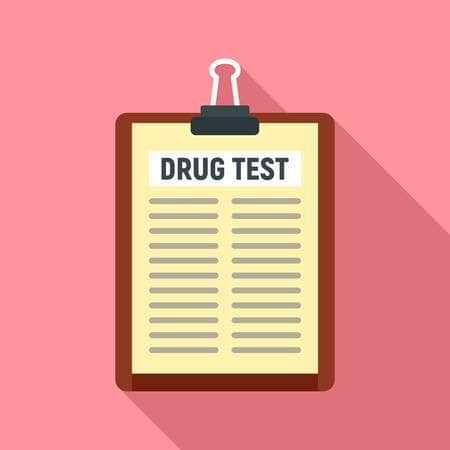
While it’s true that most drug tests aren’t specifically looking for CBD, there is a chance that using CBD products could result in a failed drug test. Some CBD products contain trace amounts of THC, less than 0,3%, the main active ingredient of marijuana. If enough THC builds up in your system before your drug test, it may trigger a failure. When you are buying CBD oil examine the labels as full-spectrum CBD contains fair amount of THC and broad-spectrum CBD does not have any THC.
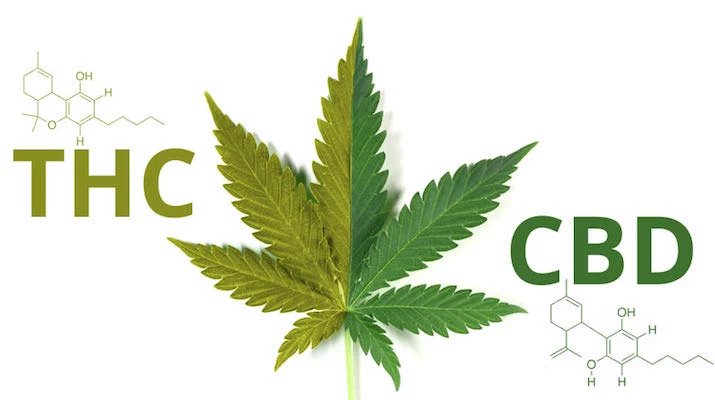
There is a fair amount of overlap between CBD and THC use. While CBD tends to be used to quell symptoms and alleviate discomfort or pain, it can be used recreationally, either paired with THC or by itself.
THC is often used recreationally, but it has many medicinal properties too. Medical marijuana can help increase appetite and stymie nausea while also serving as an anti-inflammatory agent.

This misconception depends on how you define psychoactive. CBD can alleviate anxiety, boost mood, and act as an antipsychotic, all of which demonstrate its mood-altering properties. So, yes, CBD doesn’t get you “high,” but its effects are psychoactive. These are just a few CBD myths circulating today.
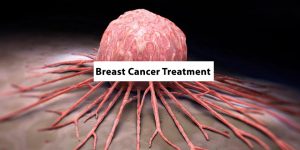
Cannabis has been used for millennia to treat numerous health conditions. Current research offers promising results on the effects of CBD oil on breast cancer.
Read More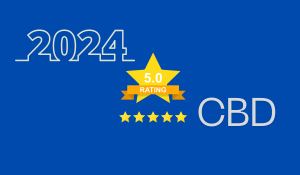
Top-rated CBD Products of 2024 Best CBD Oils Best CBD Gummies Best CBD Creams Best CBD Capsules User Experiences with CBD Testimonials from CBD Users...
Read More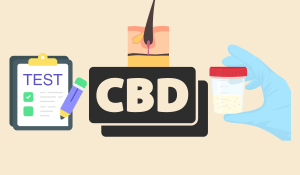
How CBD Interacts with the Body CBD Metabolism:CBD is metabolized by the liver, breaking down into metabolites that may stay in your system for days,...
Read More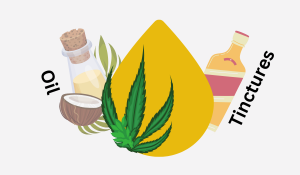
What is CBD Oil? Definition and Composition of CBD Oil Cannabidiol (CBD) oil is derived from the Cannabis Sativa plant, formulated to harness its therapeutic...
Read More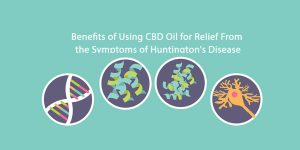
Huntington’s Disease is a neurodegenerative disorder with no known cure. Patients with HD may suffer rapid decline in their cognitive and motor function, but most...
Read More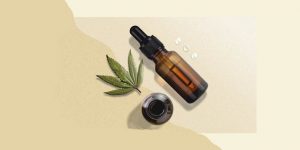
What is an antioxidant? What is oxidative stress? How can CBD help fight this condition? Smart CBD Hub explores the answers to these questions and...
Read More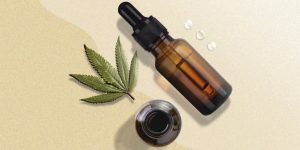
How long does it take for CBD oil to start working? It depends on often you use CBD, how you use it, and your body's...
Read More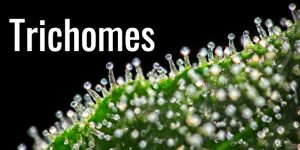
The trichome production and lifecyle runs parallel to that of the cannabis plant. Trichomes serve as protectors from predators and indicators to farmers.
Read More
There is still some confusion regarding the legal status of CBD around the world despite the supplement’s increasing popularity. Most of this uncertainty revolves around...
Read More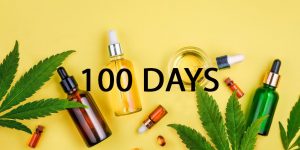
What happens to your body after one hundred days of CBD usage? While more research needs to be conducted, there currently is no evidence of...
Read More